Me and money: I got raised up with a mentality of not spending but saving, as probably something bad is going to happen and I have to be prepared
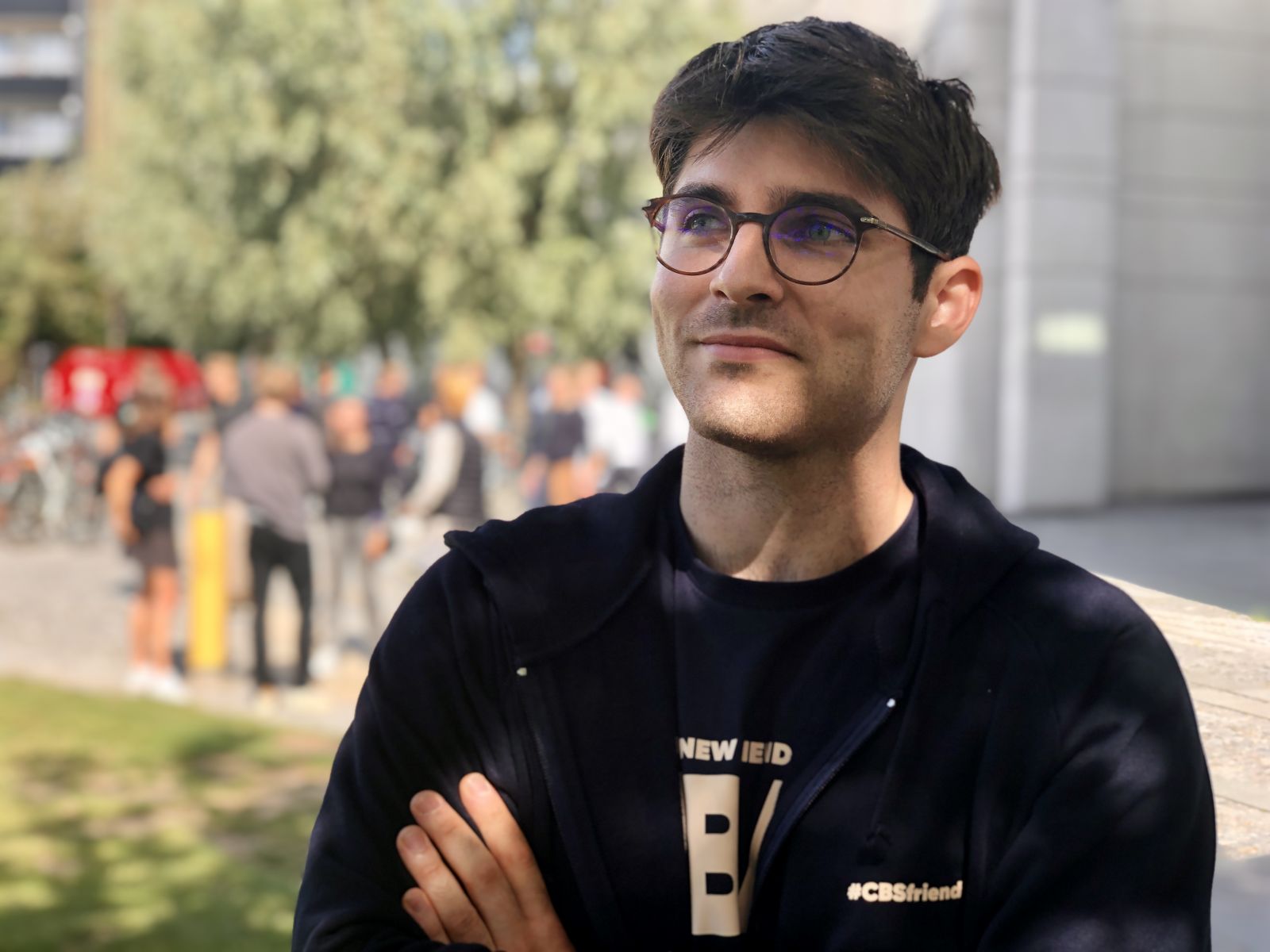
Abel Aioanei. (Photo by Anne M. LYkkegaard)
I remember that when I was a kid, I did not like going shopping. My first time going to the store in the village by myself was when I was around 8, with a little note from my mom listing everything that I needed to buy. I did not say anything to the cashier, just handed over the note and the money.
Actually, I was somewhat concerned about being lied to and not getting back the right amount, as I knew for some reason, that I was being shortchanged. After that, I went home, and gave the rest back to my mom.
As time passed, I figured out that I did not like going to the shop as I felt I’m actually ‘losing’ something there, something that was stored in those bills or coins. Even though I got in return what I needed, craved or wanted, I still felt like I’m giving something away.
I see the communist era of Romania still having some effect on how people interact with money
When it comes to the ‘financial education’ that I have gotten either at home or school, I don’t think I can say much about it. I see the communist era of Romania still having some effect on how people interact with money. Adding to this maybe there’s also the tension from both the ‘90s when inflation went crazy, while there was a war close by in Yugoslavia, as well as the transition from a planned economy to something ‘different’. Then the hopes of the early and mid-2000s came, dashed by the 2008 financial crisis.
When the 2008 financial crisis started to hit, I was in middle school. I remember very well an episode when in 7th grade, one pupil asked the math teacher: ‘Why should I study Math? How is this going to help me?’. Probably the normal question every pupil thinks about in middle school. The teacher answered: ‘You need it to get a job!’. When I heard the answer, I came out with another question in quite a threatening manner: ‘There’s a crisis out there, and either way, I won’t have a job after I finish my studies because of it.’ After pondering for a few seconds, he replied: ‘Even so, you’ll have better chances of getting hired if you finish this school with good grades!’.
That was a moment when I realized, to some extent, where we were at. It came as a premature realization of the fact that I’ll need a job, and I’ll also want it.
In my family, we were always saving money, as ‘there’s a crisis’ and we’ll need that money for something more relevant another time, thus ‘we cannot afford it now’. As an example of this, my parents never went on vacation until they were in their 40s. I also remember as I’m still not able to go to McDonald’s and ask for something specific. My parents did not take me there because it was not healthy, but because we should not spend money on things that we actually don’t need. For me it felt like that is a nice way of saying ‘we don’t have the money now’.
So, I got raised up with a mentality of not spending but saving, as probably something bad is going to happen and I have to be prepared. Thus, stay away from things you don’t need and save up money. From my birthdays and the money I used to get from my grandparents, I saved up everything, and when I was 12, I paid almost half of the money for the computer my parents bought for me. That was the money I had been saving since I was 8.
Then I went to high school where I was commuting every day. Again, I realized that I was spending lots of money. In the last year of high school, I started writing everything down, which turned out to help a lot during my studies in Romania but also when I moved to Spain for an exchange year.
Madrid Airport was something I had never experienced
When I went there, a new world opened in front of me. I still remember the first hour in the airport, staying and waiting for the bus to get to the city I was about to move to. Madrid Airport was something I had never experienced. I could see people from all over the world, either arriving, waiting or leaving.
I was sitting eating the sandwich my mom made for me, and also snacking on some Romanian pretzels from home as well (covrigi – for the Romanians out there 😉 ). I was doing that and not buying anything from the airport as I knew that I’m not here to spend money and I know I do not completely realize how much I actually have. As you can see, this mentality of ‘we cannot afford it now’ was still with me.
Something else new for me was that for the first time I was using a card on a day-to-day basis and also had a mobile app for it. All of a sudden, money was just a number on a screen, something I could not touch anymore. Online payments were something new as well, as I had to book a hostel for the first week there. As a fun fact. Haha… that bag of pretzels lasted 3 days. I was eating from the supermarket and noting down every payment from the receipt into a Google keep note. I did that for the first week to actually see and understand how expensive it is to live there and be able to estimate. I still have the note from the first week:
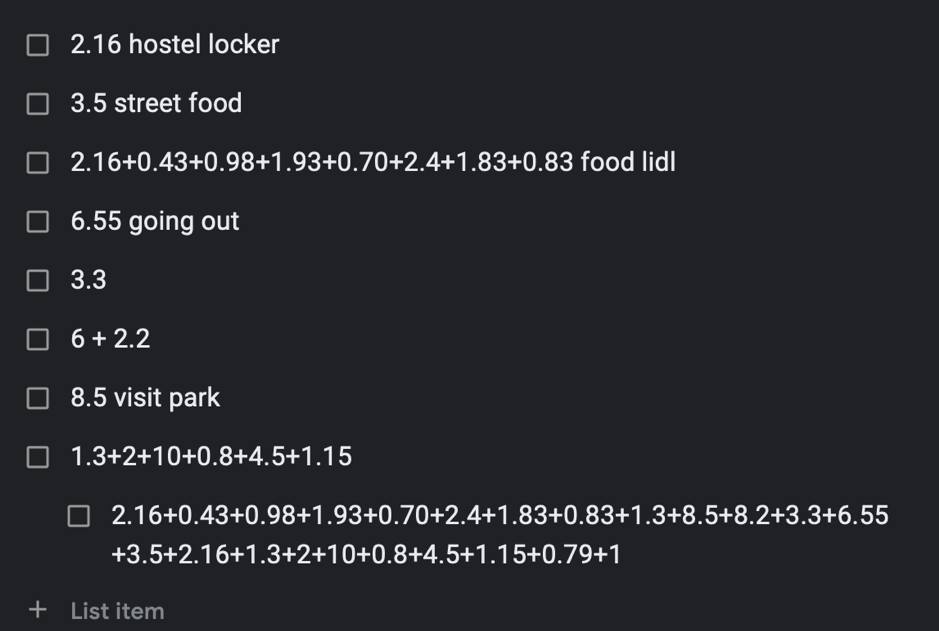
‘Socializing is not for free!’, I was surprised by this one, I have to say
After some weeks, I understood more or less how it is, how much it costs to live there but also new expenses came up. Paying money for going out with people in order to socialize. For me, probably because I was from a village, socializing with people, never got to be about spending money too. I also think this may be because that was village life. Paying for leisure was new, and money took on another meaning as well. ‘Socializing is not for free!’, I was surprised by this one, I have to say.
While in Spain, I did save enough money to travel a bit, so I started traveling and I remember there was a very special moment that hit me differently. I was just getting down from the Flixbus in central Porto and the first sight I saw was this expensive central restaurant, with nice food and a kind of people that I did not see very often. They were probably bankers. At that moment, the first thing I told myself while looking through the glass was this: ‘Yeah, that is a different world, Abel, you cannot afford that!’. I felt neither resentment nor any strong negative feeling towards them.
I was travelling with my backpack, eating from local supermarkets but still trying the local stuff. I did understand the importance of trying ‘expensive’ things too, or the ‘leisure’ part of it so I promised myself I would ‘indulge’ a bit as well, it did feel like indulging to me. I walked lots of kilometers those days.
I have it in front of my eyes now, it feels strong
Those weeks, travelling alone, were among the richest in terms of thought that I’ve ever had. I wrote this back then as well, in the Blue Notebook I use for travelling: ‘I am again intrigued by the life of these apparently ‘rich’ people, or richer than me for sure. Saw them in Madrid, Barcelona and now Porto. With their white shirts and posh manners, having lunch in the central restaurants with their fellow members of the ‘club’. I can see through the clear glass of the windows that feels like it’s guarding them, even if they realize it or not. For some reason, I feel inferior and poor, watching them through the glossy windows. It is just a feeling of seeing something I could only see on TV. I have it in front of my eyes now, it feels strong. I think I could have interesting discussions with those people though.’
I wrote this in Porto 2 years ago while travelling with a backpack, eating supermarket food and walking all day; probably the first time I deeply felt there is a class distinction out there in the world somehow. I wrote it while I was sitting in a church. It was raining outside. That was the Easter holiday, 2 years ago.
After Spain, I came to Denmark. I’ll never forget those pasties I had from Netto that morning before coming to intro week haha, I arrived 7 hours before the Intro officially started. In the first month, as I also knew that Denmark is expensive, I tried to live as cheaply as possible, track it, make monthly statistics and then take it from there and estimate a monthly budget. I had a sum of money in my ‘pocket’ but I was so unsure of its actual value in Danish terms.
When I look back now, I am happy I did live that way, as without doing so, I could never have stayed longer, and I still got some money from my parents back in Romania. After I got my first salary and first SU, I somehow understood a bit more the value of the hours worked, money I got and the things I have to pay for and thus I could benchmark the living costs here. This was something I constantly thought of for the first months, especially as I knew that I don’t quite have a back-up plan, except just going back home.
In the past months, this discussion with myself about what money is, reached new territory. I can now see, industry wise, that value and capital are measured and used in different ways. With its Communist past, Romania was never a country of business, thus not important for me either.
Then I came here, a country where you can work ‘in Business’, which was once again new to me. Moreover, a lot of people talk about consulting here at CBS, and probably in Denmark as well. That was again, something I had not thought of. I realized then that consulting cannot exist without businesses though and thus consulting was never an industry to think of back home.
‘How is value created?’ I still ponder this question and don’t think I’ve yet found the answer, but I’m getting better at understanding at least how to measure it.
I finally realized a couple of months ago the literal meaning of the name of this city we all love, København, haha, ‘merchants harbor’. Business and trade have happened here for hundreds of years now, so if there is a place where I can study and understand what money, value and business are, I think it has to be here. This is also probably why industries like consulting, banking and recently fintechs are so big here, as people have been juggling with the idea for centuries now.
Then I came here, a country where you can work ‘in Business’, which was once again new to me
MobilePay, and money in Denmark seem so untouchable and they are. It took me a while to get used to them, and I still keep a weekly track of them, as I still feel a bit lost. At work as well, I see how money is taken from somewhere to somewhere else through just a copy paste. People actually use the copy-paste function to send money to one another so fast here. This is still something I don’t feel like I fully grasp, feels a bit ‘unsecure’ and it baffles me every time I think about it. Probably this is why for some other countries, it will still take a long time until they’ll switch to digital money.
To get back to the question again, ‘What is money?’ Well… I know it is a very easy and nice method of exchanging goods and buying stuff. How is value created, why is it trusted and why people interact with it the way they do are not questions to be answered by someone like me though, and it will probably take humanity quite a while to reach an answer.
Then again… If something like ‘money’ can create entire industries like banking and recently fintechs, then I guess that these kinds of things we create to make our lives easier can probably have a very big power for change in ‘creating value’ (if this is what value means). But for sure, there’s always a dark side attached to it as well.



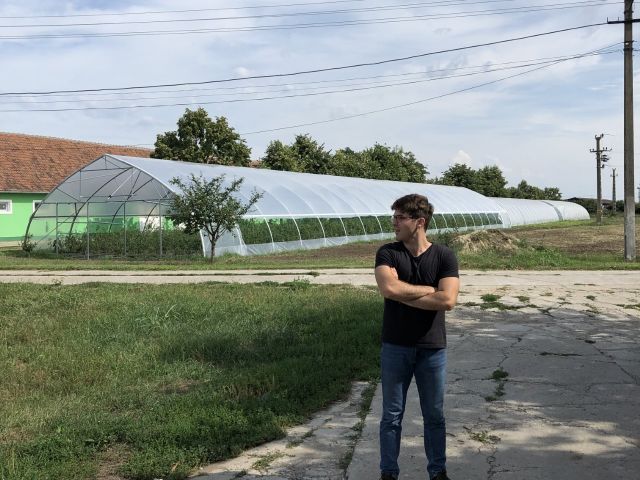
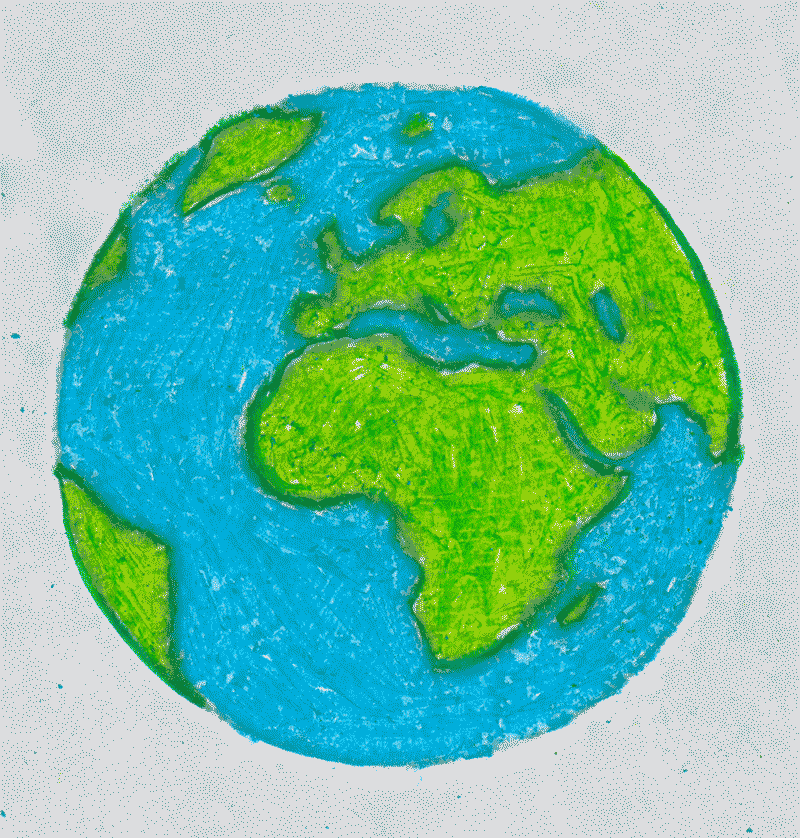
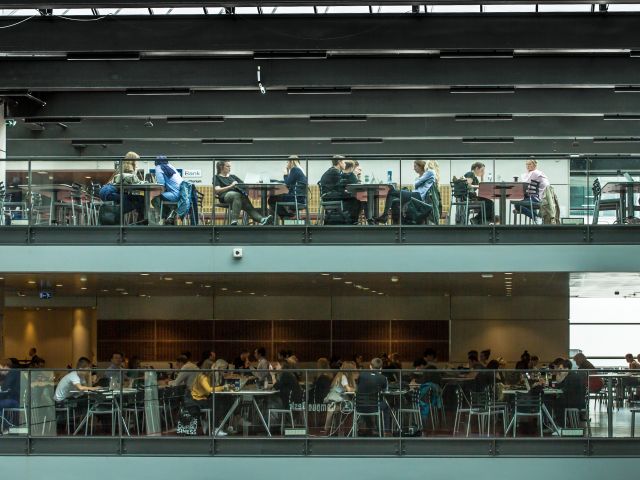




























































































































Comments